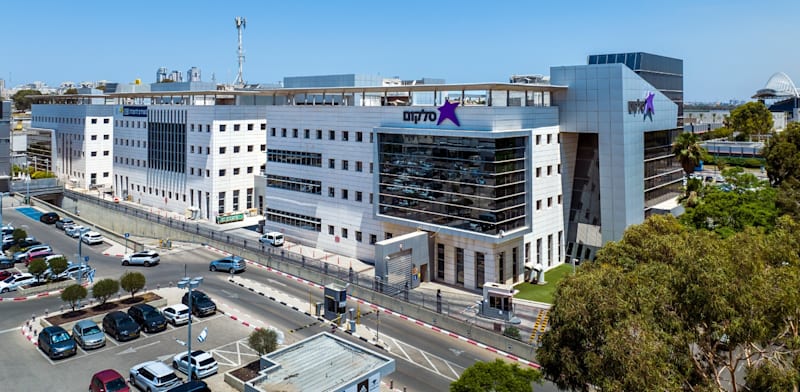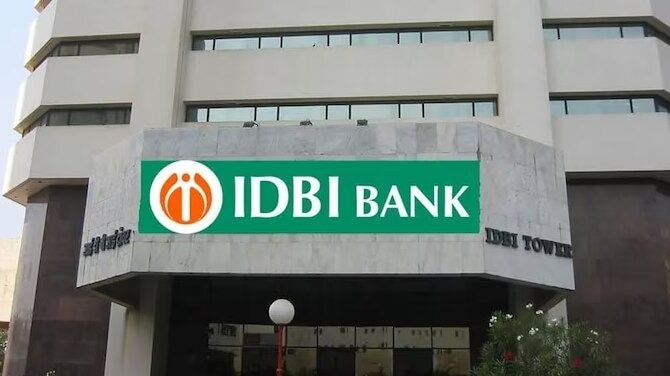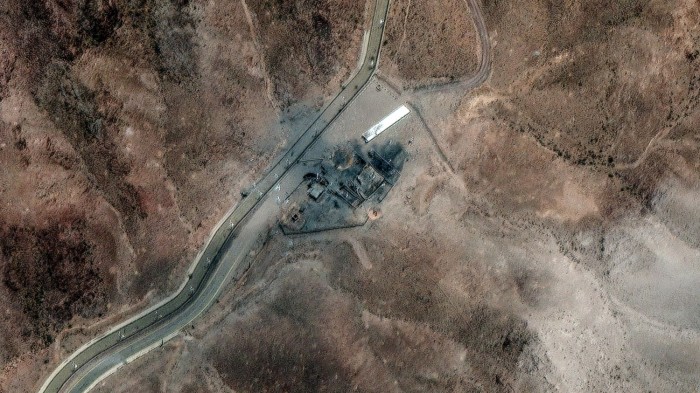Israeli telecom company Cellcom (TASE: CEL) is selling its holdings in the fiber optic communications company IBC (Unlimited) to Phoenix Financial (TASE: PHOE) and the More Investment House. Cellcom is following in the wake of Hot and the Israel Infrastructure Fund, which have sold their stakes in IBC recently.
Completing the sale for NIS 520 million will produce a respectable capital gain for Cellcom, because the cost of the investment in IBC is recorded in Cellcom’s books at NIS 121 million. Cellcom holds 23% of the company’s equity. The expected cash flow impact on Cellcom’s statements will be the amount of the sale proceeds, net of tax. In this way, Cellcom will be able to reduce its net debt, which at the end of the first quarter stood at about NIS 1.6 billion.
Over the years, Cellcom has had the highest debt among Israeli telecom companies, but the debt has been on a downward trend for some time, and the sale will help accelerate the trend. The move is also expected to affect Cellcom’s ability to return to distributing a dividend to its shareholders, for the first time in over a decade, similar to telecom rival Partner (TASE: PTNR), which recently returned to distributing a dividend (Bezeq (TASE: BZEQ) returned earlier).
If the transaction to sell the shares is not completed within 10 months from the date of the agreement, either party may cancel it. In addition, completion of the transaction is subject to approval from the Ministry of Communications and other authorities.
Cellcom will remain in the venture as a customer
A few weeks ago, Hot and Israel Infrastructure Fund (IFC) agreed to sell their stake in IBC to a group consisting of Phoenix and Mor Investment House, and Cellcom also received an offer to sell its stake in the venture. The IBC fiber optic project, in which Cellcom invested in 2019, is deploying fiber optic infrastructure throughout the country, mainly for use by private customers. The project is one of two entities in the country deploying fiber, alongside Bezeq. Cellcom is both part of the controlling interest in it and its customer, and is now expected to remain a customer, with no change in the commercial terms. The project originally belonged to the Israel Electric Company, which still holds 30% of the controlling interest in it.
At the same time, Cellcom plans to continue the lawsuit it recently filed against IBC, following a dispute over its obligation to purchase services from the company. Cellcom claims that its obligation is to purchase service from 15% of the lines until 2 million households are connected, a goal that has already been achieved, and nothing more. In other words, according to the lawsuit, the Phoenix-More acquisition is based on a misrepresentation regarding Cellcom’s commitment.
RELATED ARTICLES
Cellcom CEO Eli Adadi said, “The sale of Cellcom’s holdings in the IBC fiber project is a significant move for the company and another step in the strategic plan we are promoting to improve its profitability, reduce debt and increase cash flow, while focusing on the company’s core activities, with the aim of maintaining our leadership in Israel’s communications market.”
Cellcom is traded on the TASE at a market cap of NIS 4.5 billion after a 103% increase in its share price over the past year, due to the improvement in the company’s own results and the improved sentiment in the communications market in general. The controlling shareholder in the company is the Fortissimo Fund, headed by Yuval Cohen, which last year purchased Discount Investments’ holdings in the company (about 35% of the capital) for NIS 936 million, and today the value of its holdings is already worth roughly NIS 1.6 billion.
Published by Globes, Israel business news – en.globes.co.il – on June 26, 2025.
© Copyright of Globes Publisher Itonut (1983) Ltd., 2025.







